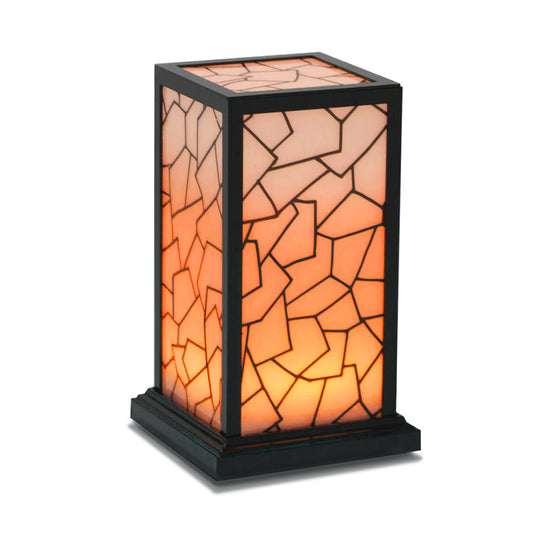You have been blessed with a journey of a lifetime that you’ll cherish forever. Those hectic days of running on little sleep and caring for your beautiful children have transitioned into a new chapter. In that transition comes a quieter home, and maybe a sense of being a little lost. You’ve given them your time, and now find yourself unsure what to do. You may find you don’t know what your interests are. It is normal, and with time you won’t feel lost anymore.
What is the empty nest stage?
The empty nest stage, or empty nesters, is when children leave the “nest” and go on to their next adventure. School, jobs, moving in with friends or significant other, or just moving out on their own. They “fly out of the nest” leaving the parents in an empty home. Typically, parents take time to adjust to having their children gone, and may experience physical, mental, and emotional symptoms.
You may have these physical symptoms:
- Loss of appetite
- Unable to sleep
- Stomach pain
- Headaches
- Digestive issues
You may have these mental and emotional symptoms:
- Distress and sadness
- Anxiety
- Depression
- Feeling lost
- No sense of purpose
- Grief
- Difficulty focusing
For parents who have experienced children moving out of their home, loneliness and feeling lost are normal. Along with the symptoms, here are a few things that can help empty nesters recognize the syndrome.
- Realizing you have more free time on your hands.
- Feel like your home is too quiet.
- May start to focus more on their relationship with their spouse or partner.
- Increased stress
These feelings are normal – you have given your children most of your time and energy. You have helped them grow, learn, and develop into amazing adults. Supporting their goals and dreams. Cheering them on at games, choir, and graduations. However, you may have forgotten what it is like to just be you and not a parent. With those feelings comes not knowing what to do with your time. How to just do things for you. You miss them, even though you are happy to see them on their next adventure. You still see them and talk to them, but the change is still prominent in your everyday life.
How do I get through empty nest syndrome?

Spending the better part of your life, giving your children a wonderful childhood will leave you feeling sad, even distraught at times once your children fly the nest. Empty nest syndrome is common, affecting parents everywhere. When your children go to college or head to their next journey, it is a change for both the children and parents.
If you are an empty nester, it is important to keep these symptoms in mind. You are going through big changes adjusting to your new normal. It is okay to process your emotions, give yourself grace, and be patient with yourself.
If you're feeling lonely or isolated, reach out to family and friends. Consider joining a club or group that meets regularly. Make new friends and explore hobbies you’ve never tried before – or pick up old hobbies!
Continue to find things you enjoy, creating the life you want. Travel, go to the beach, remodel your house, or take up gardening. Search social media for local events or volunteer for a great cause. Spend time with your spouse or loved ones. Keep in touch with your children using Lovebox. It is an excellent, exciting way to send notes and pictures to each other. With a spin of the heart, open to see what they’re thinking about. Sweet pictures and special moments can be easily shared from anywhere via the phone app.
And most importantly, have fun rediscovering yourself.
How long can empty nest syndrome last?
The good news is that these feelings and this syndrome don’t last forever. The sadness will fade, and the emptiness will heal – with some time and new experiences. Some parents experience empty nest syndrome for a month, while the average is 3.5 months. It truly depends on you. However, empty nesters are typically back to themselves within 6 months. Remember when you are struggling, that this too shall pass. Reach out to friends and family if you need additional support.
What are the issues that a family faces at its empty nest stage?
You may notice you’re making your dinners to feed four instead of two. You may find yourself checking on your kids, and realize they aren’t home. Making plans around your kids’ schedules was normal, but now you’re living your life just for you.
These are things that you may struggle with. You can also have difficulties in your relationship due to the stress of being empty nesters. Your children leaving for school or college is a huge step for them and for you. Gaining an understanding and discovering who you are again can be scary, but a rewarding process. Embrace it.
Continue to be an active, supportive parent. Find fun, new ways to reconnect through the busyness of life. College is a hectic time for your children, but there are easy, meaningful ways to keep in touch! Give yourself the gift of easy, fun communication with your children. Make your kids a back-to-school gift basket with their favorite snacks, comforts of home, and a Lovebox. A smile with every spin of the heart!













